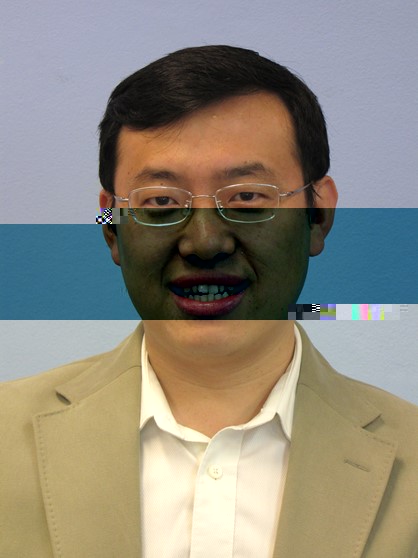報告題目:
Intelligent Reflecting Surface Configurations for Smart Radio Using Deep Reinforcement Learning
報告專家:
Wei Zhang, IEEE Fellow
Professor of The University of New South Wales
Vice President of IEEE Communications Society
IEEE ComSoc Distinguished Lecturer, 2016-2017
報告時間:
2023年3月23日上午8:30
報告地點:
無線谷A1棟1306會議室
摘要:
Intelligent reflecting surface (IRS) is envisioned to change the paradigm of wireless communications from “adapting to wireless channels” to “changing wireless channels”. However, current IRS configuration schemes, consisting of sub-channel estimation and passive beamforming, are model-based designs and are difficult to be realized in practical and complex radio environment. To create the smart radio environment, we propose a model-free design of IRS control that is independent of the sub-channel channel state information (CSI) and requires the minimum interaction between IRS and the wireless communication system. We firstly model the control of IRS as a Markov decision process (MDP) and apply deep reinforcement learning (DRL) to perform real-time coarse phase control of IRS. Then, we apply extremum seeking control (ESC) as the fine phase control of IRS. Finally, we integrate DRL and ESC in the model-free control of IRS to improve its adaptivity to different channel dynamics. Numerical results show the superiority of our proposed joint DRL and ESC scheme and verify its effectiveness in model-free IRS control without sub-channel CSI.
專家簡介:
Wei Zhang (F’15) is Vice President of IEEE Communications Society. He received the Ph.D. degree from the Chinese University of Hong Kong in 2005. Currently, he is a professor at the School of Electrical Engineering and Telecommunications, the University of New South Wales, Sydney, Australia. His current research interests include 5G and beyond. He has been an IEEE Fellow since 2015 and was an IEEE ComSoc Distinguished Lecturer in 2016-2017.
Within the IEEE ComSoc, he has taken many leadership positions including Chair of Wireless Communications Technical Committee (2019-2020), Vice Director of Asia Pacific Board (2016-2021), Editor-in-Chief of IEEE Wireless Communications Letters (2016-2019), Member-at-Large on the Board of Governors (2018-2020), Technical Program Committee Chair of APCC 2017 and ICCC 2019, Award Committee Chair of Asia Pacific Board and Award Committee Chair of Technical Committee on Cognitive Networks.
In addition, he has served as a member in various ComSoc boards/standing committees, including Journals Board, Technical Committee Recertification Committee, Finance Standing Committee, Information Technology Committee, Steering Committee of IEEE Transactions on Green Communications and Networking and Steering Committee of IEEE Networking Letters. Currently, he serves as an Area Editor of the IEEE Transactions on Wireless Communications and the Editor-in-Chief of Journal of Communications and Information Networks. Previously, he served as Editor of IEEE Transactions on Communications, IEEE Transactions on Wireless Communications, IEEE Transactions on Cognitive Communications and Networking, and IEEE Journal on Selected Areas in Communications – Cognitive Radio Series.


